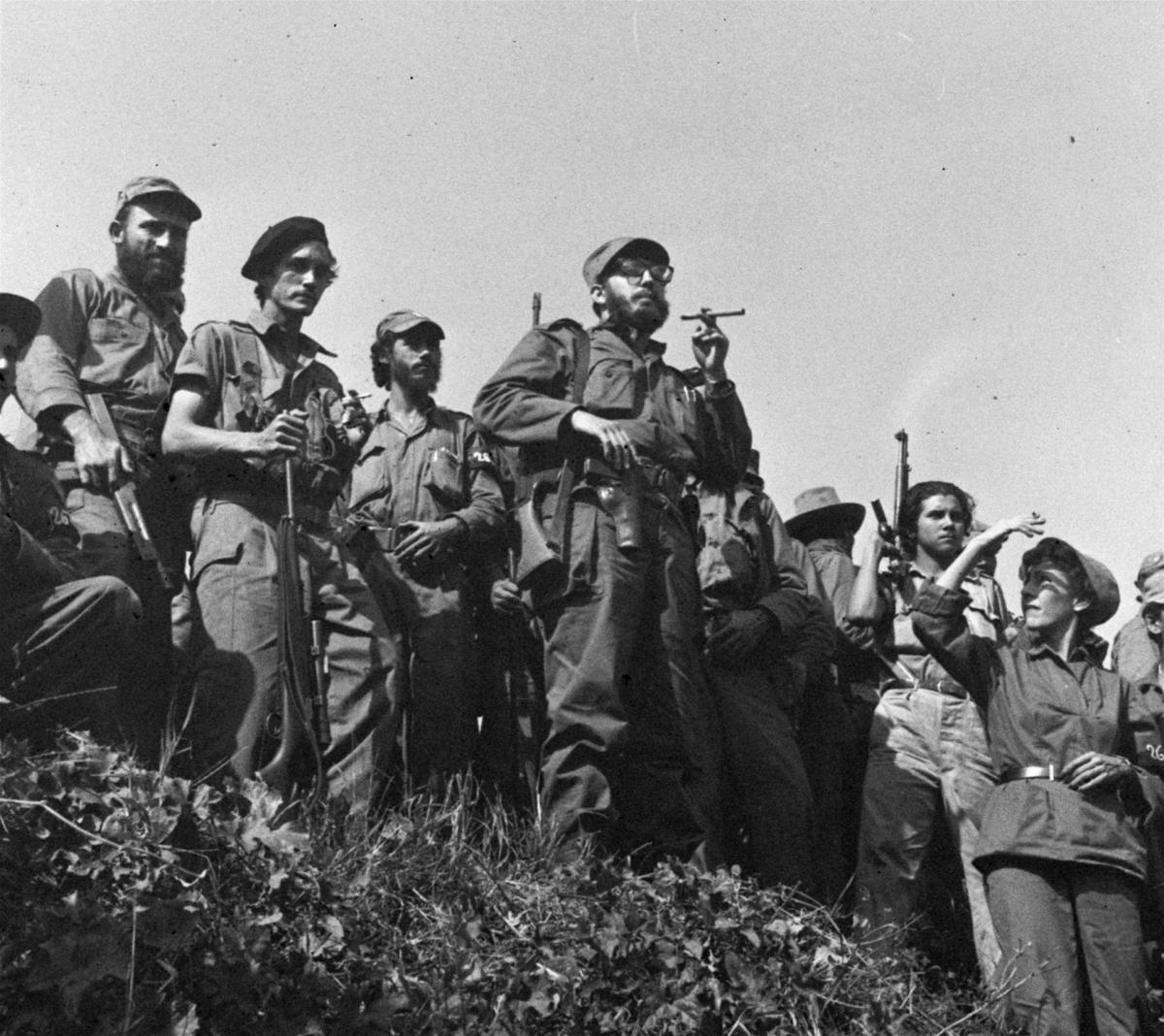PHOENIX — A bill to be introduced in the 2022 legislative session, which would mandate that Arizona students be taught about communism, is not the state’s first foray into the issue.
One Arizona law goes back to 1961 and the Cold War, declaring it is “essential that schools, colleges and universities teach objectively and critically the governmental and social forms of past and present totalitarian slave states.” The law also says students need to learn the foreign languages spoken in those countries.
That wording is also part of election laws that say international communism “seeks converts far and wide by an extensive system of schooling and indoctrination” and that separately outlaw recognition of the Communist Party of the USA in Arizona.
Those election restrictions are likely unenforceable, with a federal judge ruling in 1973 they are illegal and unenforceable, though he made no mention of the language about what schools should teach.
That did not keep the Republican-controlled Legislature from reenacting the language as recently as 1979 as part of a rewrite of the state election code. The bill was signed by then-Gov. Bruce Babbitt, a Democrat.
The statute talks about protecting the state from “the international Communistic conspiracy.”
It declares that, unlike other political parties, members of the Communist Party have no role in determining goals and cannot voice dissent. It says they are indoctrinated and “organized, instructed and disciplined to carry into action slavishly the assignments given them by their heirarchical chieftains.”
In deciding the Communist Party should have no role in Arizona politics, lawmakers declared its members were simply waiting until the states are “so far extended by foreign engagements, so far divided in counsel, or so far in industrial or financial straits, that overthrow of the government of the United States and of the several states by force of violence may seem possible of achievement.”
Lawmakers said they did not need to look far, citing “recent events in the neighboring country of Cuba” where the government of dictator Fulgencio Batista was overthrown in 1959 by a revolution led by Fidel Castro.
All that is likely to be little more than unenforceable rhetoric, however.
U.S. District Court Judge William Copple looked at the statute when the state moved to block the Communist Party USA from putting its candidates for president and vice president on the 1972 general election ballot.
The judge said the question of how political activity might be prohibited “may depend to some degree on one’s philosophy of the fragility of the democratic process.” But he said what Arizona sought to do was legally unacceptable.
“To peremptorily eliminate a large group of minority voters and their party from the political scene not only sweeps too broadly as a protection against subversion, but also sets up in the current law constitutional conflicts not otherwise present,” Copple wrote.
Anyway, he pointed out, there were federal laws on the books making it a crime to advocate the overthrow of government by force or violence.
“In the absence of a showing that these people, forming this party in Arizona or the United States, are guilty of the forbidden advocacy, the statutes are merely the suppression of a hated minority,” Copple said.
The judge cited earlier rulings saying all political ideas cannot — and should not — be channeled into just the two major political parties.
“History has amply proven the virtue of political activity by minority, dissident groups, who innumerable times have been in the vanguard of democratic thought and whose programs were ultimately accepted,” the judge wrote. “It should not be forgotten that the ‘radical trade-unionists’ of our earlier history did not overthrow the free enterprise system but are now charged in some quarters with being staunch members of its establishment.”
In the new legislative effort, state Rep. Quang Nguyen, R-Prescott Valley, wants to require that students study the “brutality” of communism before they can graduate.





